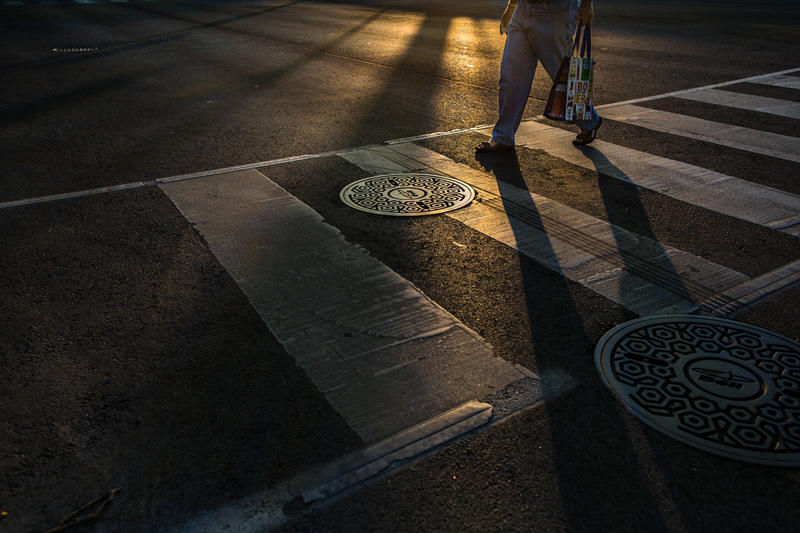A Chinese poet in the US faces his shadows

Kat Northern Lights Man / Creative Commons
I wonder what Ha Jin, a Chinese poet who stayed back in the US after the Tiananmen Square massacre, feels about all the talk of worsening Sino-US relations.
Perhaps he takes it in his stride – the fact that the country of his birth and the one he has adopted are squaring up for a period of strategic rivalry.
It could get ugly but Mr Ha, who grew up during the Cultural Revolution, is probably used to the way history quite suddenly seems to happen in the course of a normal work day or week or month.
Mr Ha came to mind because I was reading his poem ‘They Come’, from his 1996 collection ‘Facing Shadows’.
Here’s the poem. To me, it seems full of shadows that roam and lay siege.
They Come
BY HA JIN
Sometimes when you’re walking in the street,
returning home or leaving to see a friend,
they come. They emerge from behind pillars and trees
approaching you like a pack hounding a sheep.
You know it’s no use to hide or flee,
so you stop and light a cigarette, waiting for them.
Sometimes when you’re eating in a restaurant,
your soup served and your dish not ready yet,
they come. A steady hand falls upon your shoulder.
You are familiar with such a hand
and don’t need to turn around to meet the face.
The scared diners are sneaking out,
the waitress’s chin is trembling when she speaks,
but you are sitting there waiting for the bill.
After settling it you’ll walk out with them.
Sometimes when you open your office,
planning to finish an article in three hours,
or read a review, but first make some tea,
they come. They spring out from behind the door
like ghosts welcoming a child to their lair.
You don’t want to enter, seeing cups and paper on the floor.
You are figuring how to send a message home.
Sometimes when you have worked day and night,
dog tired, and want to have a good sleep
after a shower and an extra nightcap,
they come. They change the color of your dream:
you moan for the wounds on your body,
you weep for the fates of others.
Only now you dare to fight back with your hands,
but a “bang” or an “ouch”
brings you back to silence and sleeplessness again.
See, they come.

